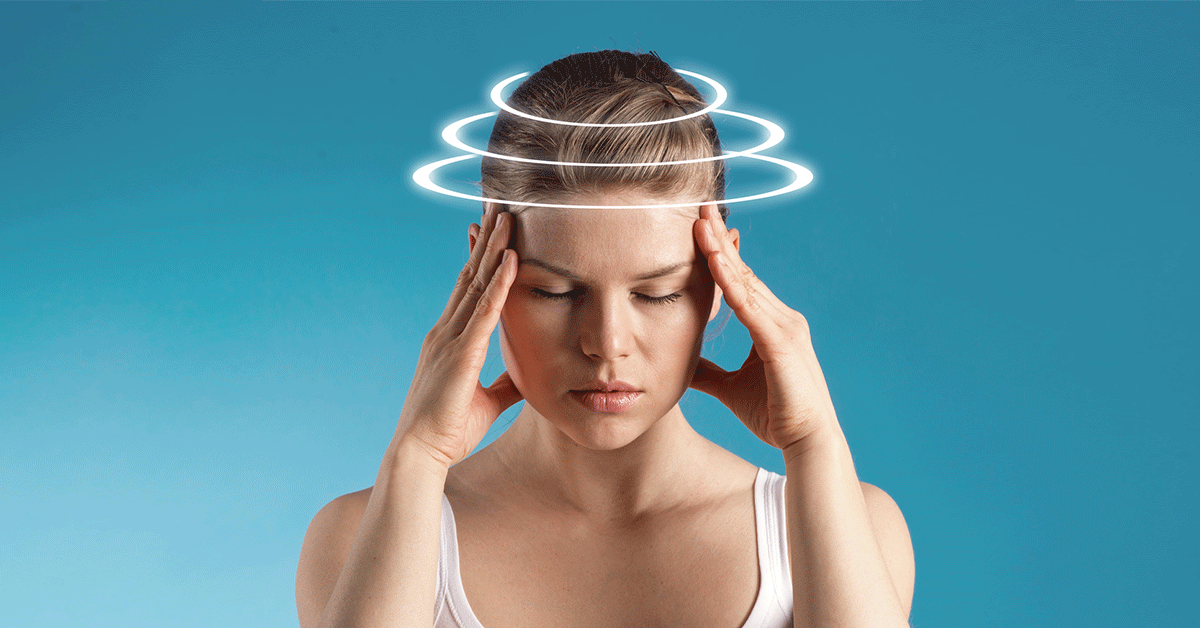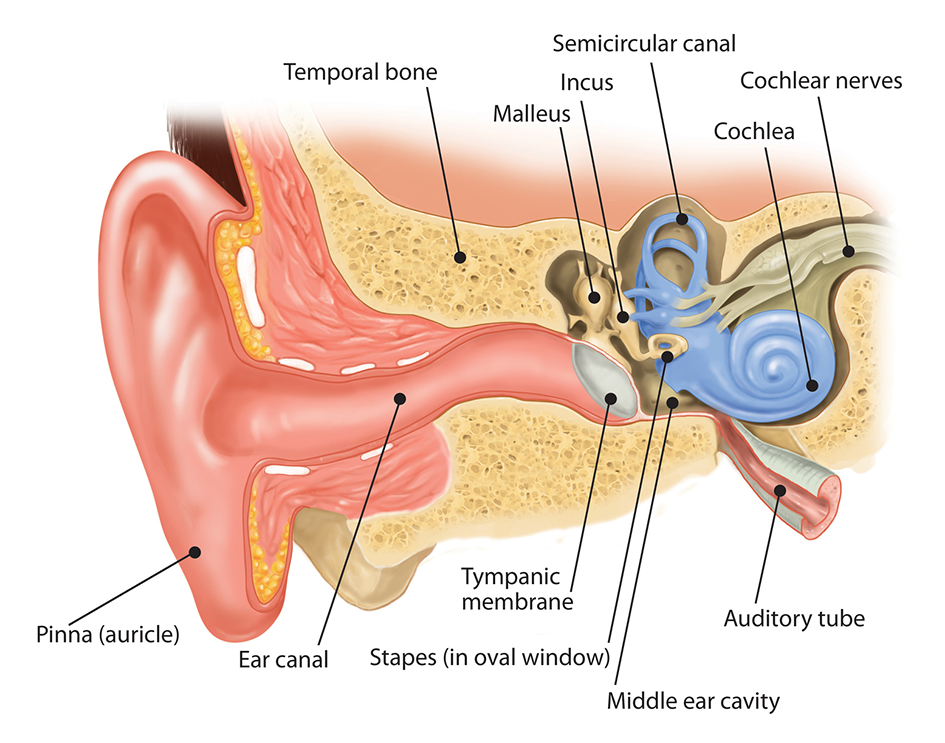Causes
The causes of vertigo or dizziness can be manifold. There are various diseases that could cause the symptom of vertigo. It can be a disease of the ear or inner ear, the vestibular nerve or the brainstem. It could take comprehensive examinations to find out the real cause. Here we would like to highlight the most common causes.
1. Benign paroxysmal positional vertigo (BPPV): Benign paroxysmal positional vertigo is the most common cause of vertigo. Certain head movements can provoke a vertigo attack. The attacks are short (<30sec). Often the vertigo attack occurs in the night while rolling over in bed. This from of vertigo is caused by small crystals of calcium deposits in the ear canal that periodically become dislodged by specific head positions or movements. It is a very common form of vertigo.
2. Vestibular neuritis: Vestibular Neuritis is caused by an inflammation of the nerve to the semicircular canals, which helps control the balance. It is characterized by a sudden severe attack of vertigo, which lasts for seven to ten days.
3. Ménière disease: This disorder of the inner ear causes spontaneous episodes of vertigo along with fluctuating hearing loss. It is often attended by a Tinnitus (ringing in the ear) and a feeling of pressure or fullness in the ear.
5. Labyrinthitis: An inflammation of the inner ear structure called the labyrinth, caused by untreated bacterial infections of the middle ear. It can also cause loss of hearing.
6. Head trauma: A violent blow on the head can cause damage to the inner ear. This may lead to balance problems like Vertigo or Dizziness, temporary or permanent.
7. Others: Migraine, Superior canal dehiscence syndrome, Otitis media, Herpes zoster oticus, heart diseases and low blood pressure, Parkinson disease, Brain Stroke, Brain tumor, Acoustic neurome, Vestibular schwannoma, Epilepsy, Chiari malformation, Multiple sclerosis, Cholesteatom, Perilymphatic fistula, Superior semicircular canal dehiscence syndrome, Autoimmune disease, Psychological disorders like panic attacks or anxiety
Diagnostic procedures
First step should always be a consultation (important is the onset, triggers, duration, frequency, accompanying symptoms of the vertigo) and a comprehensive neurological examination (including coordination, nystagmus and gait testing). Only then a experienced neurologist can evaluate which further tests could be necessary. Such as Dix-Hallpike test, AEP, auditory evoked potentials, Vestibular evoked myogenic potentials, audiogram (hearing test), Tympanometry, Videonystagmography, Electrocochleography, Computed tomography (CT) or MRI
Treatment
The treatment of vertigo depends on the underlying cause. Only if the neurologist could find out the cause by the above mentioned procedures the treatment should start. If the cause is life threatening like an acute stroke immediate action has to be taken. Most commonly the treatment is not that urgent. In the following we give you a short overview of possible treatment options. However, which ones apply depends on the findings I the diagnostics.
1. Repositioning maneuvers for BPPV (eg Epley maneuver or Semont maneuver)
2. Pharmacotherapy: Vestibular suppressants (Meclizine, benzodiazepines), corticosteroids and diuretics, β-blockers, calcium-channel blockers, antidepressants, anticonvulsants.
3. Physical Exercise or physical therapy Generally speaking physical activity is positive because the inner ear gets trained by this. Dangerous situations or the risk of falling should be avoided of course.
4. Lifestyle: In case of migraine vertigo trigger situation should be avoided. Further migraine treatment cou can find here.




